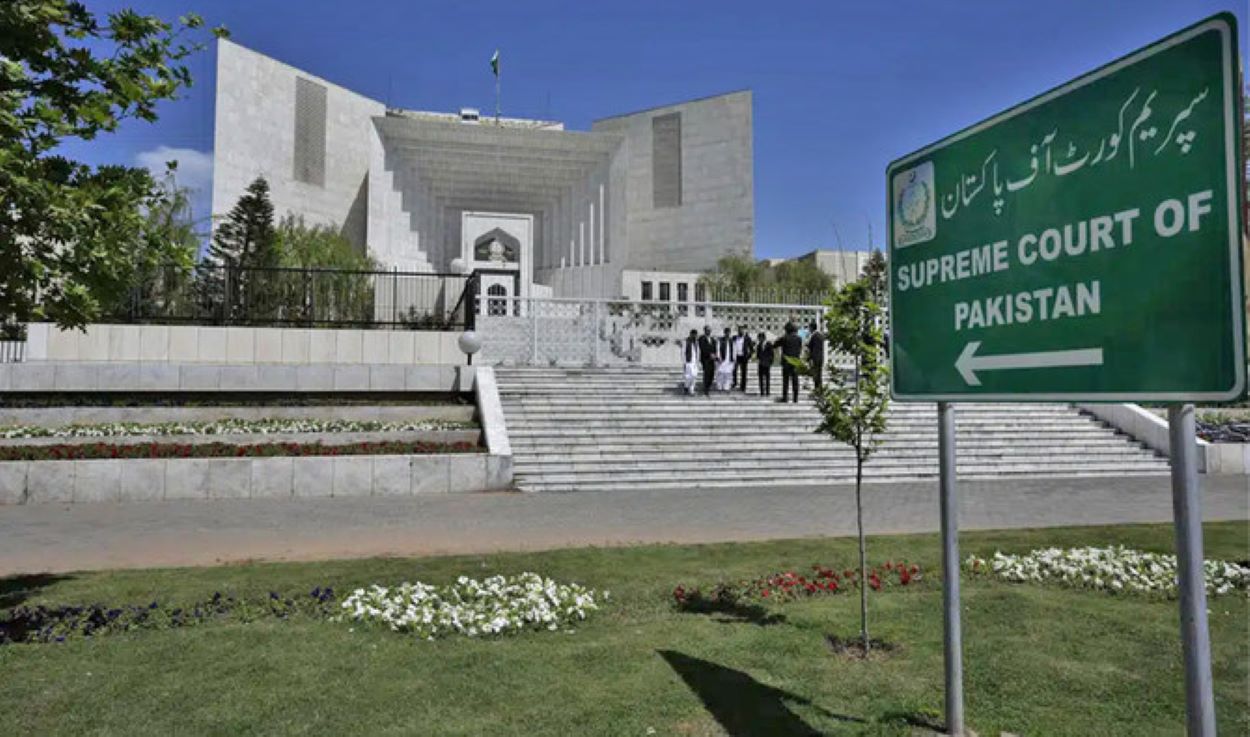The Supreme Court of Pakistan has reconvened to discuss a review petition on its May 2022 ruling concerning Article 63-A, which prevents parliamentary members from voting against party directives. The case is before a newly established five-member bench headed by Chief Justice Qazi Faez Isa. This bench includes Justices Amin-ud-Din Khan, Jamal Khan Mandokhail, Mazhar Alam Khan Miankhel, and Naeem Akhtar Afghan.
Controversy Over Bench Formation
The bench was formed following Justice Munib Akhtar’s decision to step down. He cited concerns about the bench’s set-up by the Practice and Procedure Committee. He detailed his reservations in letters to the court’s registrar, emphasizing procedural irregularities and his unexpected inclusion in the bench’s agenda. Justice Munib stressed that his absence was not a recusal and expressed specific objections to including retired judges in active cases, arguing it violated Article 182 of the Constitution.
Read: Justice Munib Akhtar Questions Legality of SC Ruling in Article 63-A Case
Background and Importance of Article 63-A
The controversy originates from a PTI government reference requesting the Supreme Court’s opinion on Article 63(A). This legal provision aims to deter defections and uphold democratic integrity by disqualifying lawmakers who defy party directives during critical votes, such as prime minister elections or significant bills.
This hearing represents a pivotal moment for parliamentary integrity and the interpretation of defection laws in Pakistan. The outcome could have lasting implications on the country’s legislative procedures and democratic accountability.






